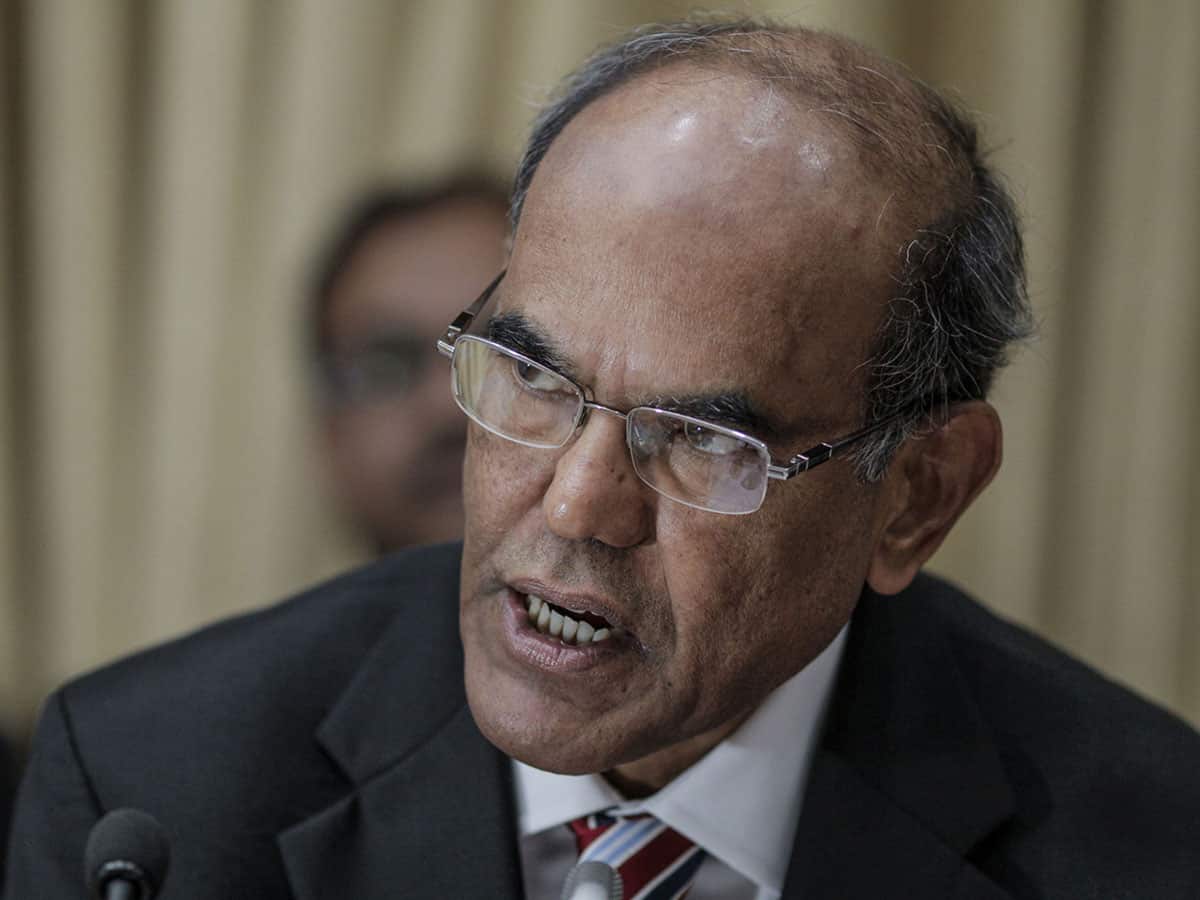
Hyderabad: Central Government under the leadership of the Prime Minister should come out with a ‘White Paper’ to generate a consensus among political parties on the issue of giveaways or freebies, former Reserve Bank Governor D Subbarao has said adding that there has to be a thorough debate on how to impose restraints on political parties in this regard.
He also said the public should be made more aware of the cost and benefits of these freebies and that it is the responsibility of the government to educate the population on this.
“I think this is ultimately a political issue and there has to be political consensus on this. The leadership has to be taken by the central government and the Prime Minister. I believe they must float a white paper and try to generate a consensus on this.
“Educate people on the pros, and cons of these giveaways or freebies ( and ensure) how we can put a restraint on that and how we can enforce it,” the former RBI governor told PTI in a recent interaction.
Subbarao said that in a poor country like India, it is incumbent on the government to provide some safety nets to the most vulnerable sections and also introspect as to how far they can be stretched, given the fiscal constraints.
“You should ask (if ) it is the best use of this money or we can do something better. So I think we should have a more informed and vigorous debate on freebies and how we can impose some restraint on political parties,” he opined.
On some of the states crossing FRBM limits, he said states and the central government should maintain fiscal discipline and the FRBM targets should be adhered to.
To a query, Subbarao said that according to the IMF which has done a study, India needs to grow at the rate of 7.6 per cent consistently till 2047 for it to become a developed nation by 2047.
“To maintain a growth rate of 7.6 percent per year for the next 25 years, a few countries have done it, China has done it, but the more difficult point is whether we can do it with all the challenges like climate change, geopolitics, the difficulty of globalisation. It is difficult to say,’ Subbarao said.
The former RBI chief said a developed nation will have four pillars- rule of law, strong state, democratic accountability and institutions.
“We can’t say we don’t have them, neither can we say we have all of them. So these are the things that we have to nurture and develop,” he said.
Subbarao had earlier said that even after becoming the third largest economy in the world by 2029 as envisaged by Prime Minister Narendra Modi, India may still be called a poor country and therefore it does not call for a celebration.



